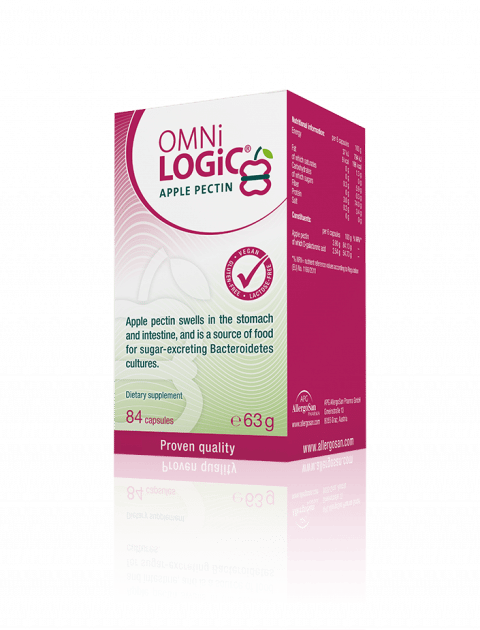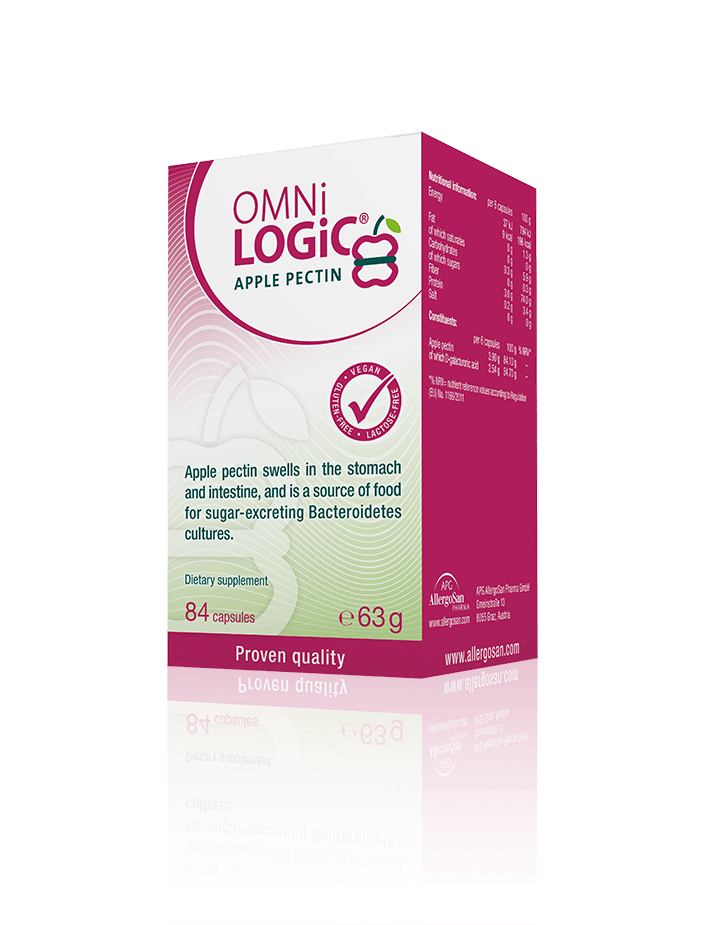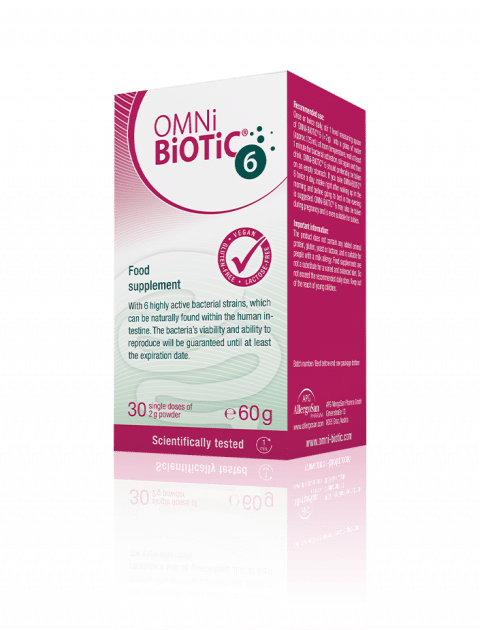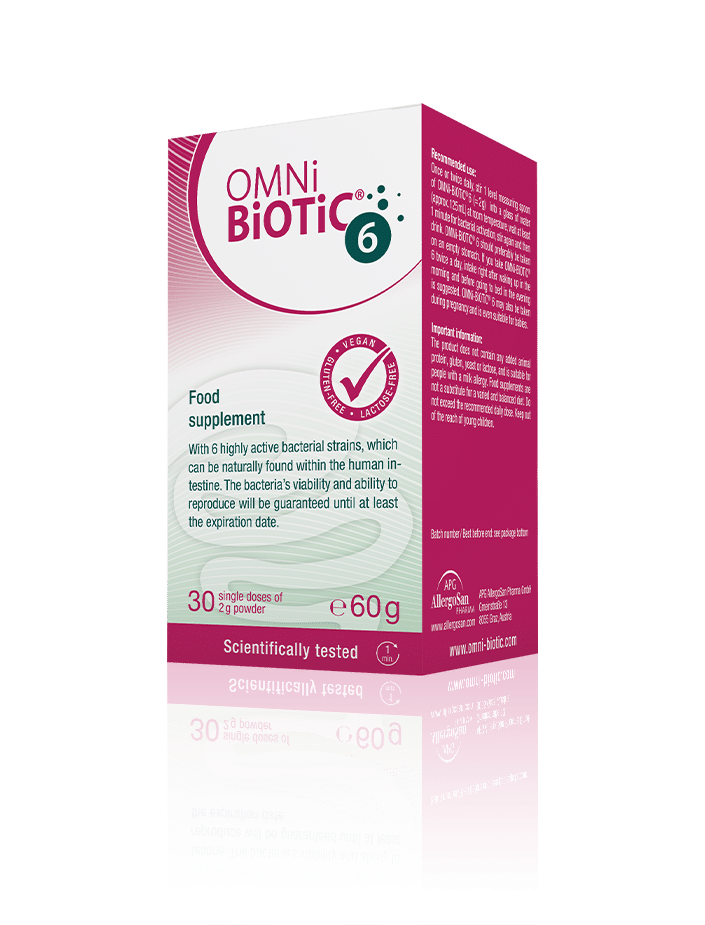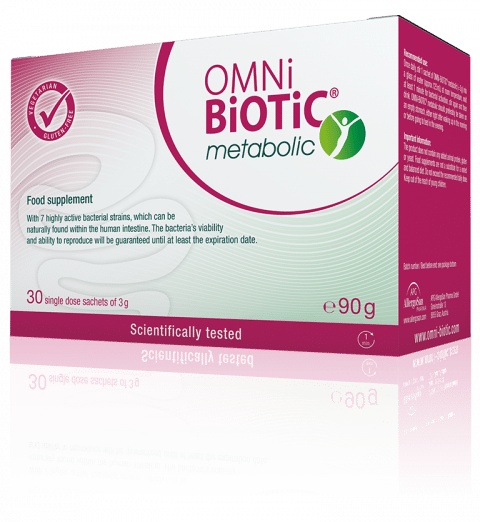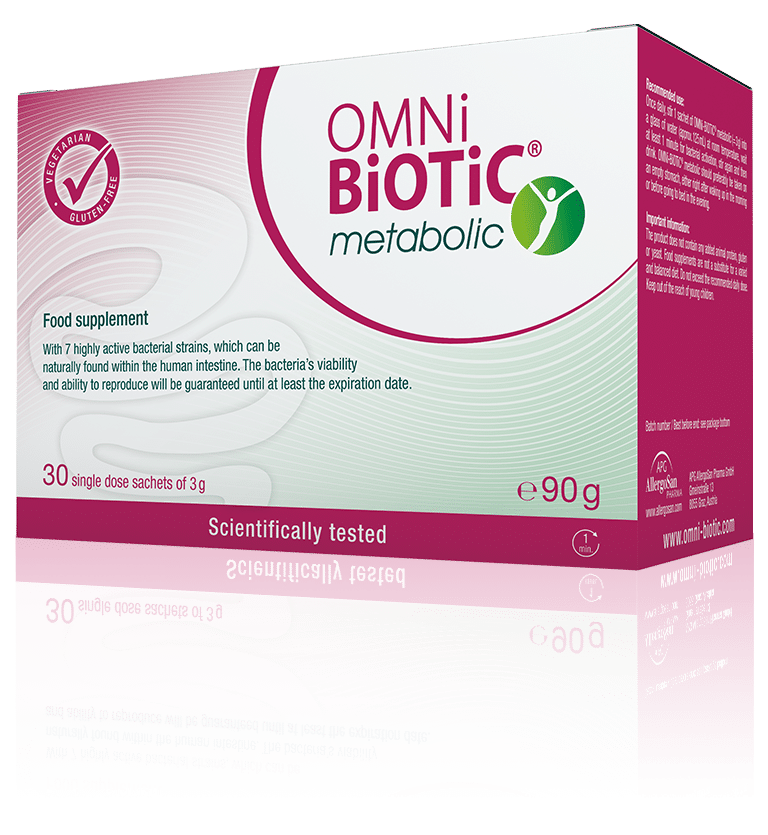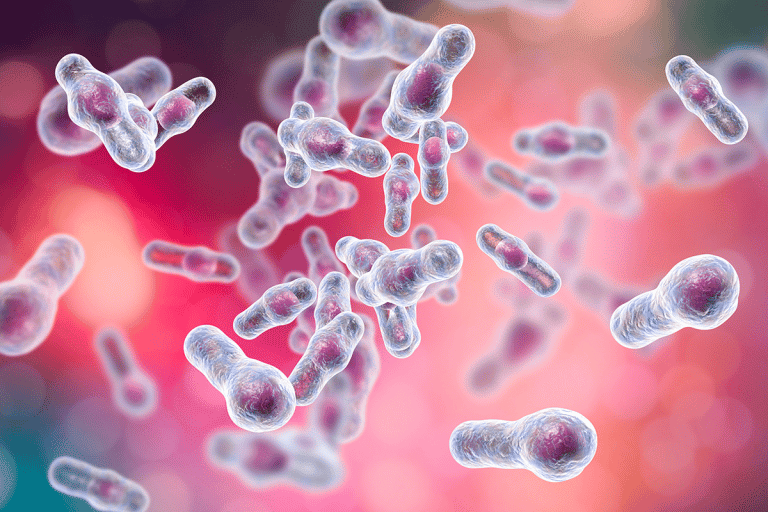
Heidrun Valencak
How do gut bacteria influence our weight?
Our microbiome isn’t only important for our general health but is also responsible for how much we weigh. In this article, you can find out what role our gut bacteria play in digesting food, how our lifestyle can change the composition of our intestinal flora, what is „tasty“ for our intestines and if you really are what you eat.
Spring is just around the corner and often carries with the wish to get the body back into shape and lose the few kilos that were gained over Christmas. After a few weeks of deprivation, hunger and an intense sports regime, the expected results are nowhere to be seen – and often enough, the pointer on the scale returns to its original position after a few days. Other people, on the other hand, can eat to their heart’s content, without paying attention to the calories, and stay in shape. Besides genetic predispositions, metabolism and personal lifestyle, the individual intestinal flora composition plays a central role in the digestion of food and the consequent production of energy.
The weighty role of the gut bacteria
The world health organisation recently sounded the alarm because the number of obese children and adolescents increased tenfold in the last 40 years. In 1975, less than 1% of children were obese. Now, the amount has risen to almost 6% of girls and about 8% of boys. Nowadays, almost every third person worldwide is overweight and therefore have an increased risk of developing a cardiovascular disease or diabetes. The connection between being overweight and the individual gut flora composition is being proven by an increasing amount of scientific studies. Scientists are paying special attention towards the -ideally balanced – ratio of so-called Firmicutes and Bacteroidetes. Both of these bacteria groups dominate the human intestine and make up over 90% of its composition. A general rule of thumb being: The higher the amount of Firmicutes, the higher the body weight. These bacteria supply our body with added carbohydrates and therefore added calories by breaking down the normally indigestible foods (fibre). Studies show that a higher amount of Firmicutes can absorb about 10% more energy from food, which is the equivalent of 200-250 calories per day and can possibly lead to a weight gain of 10kg per year. In comparison, people with a normal weight have a higher amount of Bacteroidetes: Bacteria in this group are able to actively discard sugar that isn’t used out of the intestine. This can be proven by comparing the amount of residual energy in the faeces of people with a normal weight to those who are overweight: Slim people have a higher amount of calories in their faeces than that of overweight people.
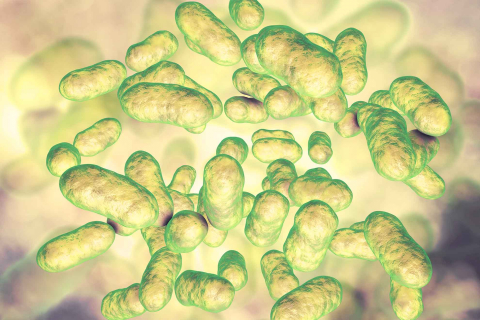
The intestinal trap: Lifestyle
Lifestyle is responsible for the increase in obesity in the population, especially in industrial nations: A lack of movement not only leads to the body using less energy but also influences the composition of the microbiome. Our diet also has a massive effect: In Europe, our diet is made up of, on average, 70-80% processed foods. These contain large amounts of (hidden) sugars, bad fats and food additives such as artificial flavours, softeners or conservatives.
If you take the time while shopping and have a closer look at the nutritional label, you will realize that, for example, a cup of „healthy“ fruit yoghurt already contains a large percentage of the recommended amount of sugars and saturated fatty acids. The body converts and stores this excess sugar into fat and our liver has to work hard to detoxify additives. The by now normal „western diet“ (in other words, a diet with plenty of red meat, milk products, processed and artificially sweetened foods and salt, and a minimal intake fruit, vegetables, fish, legumes and whole-grain bread) has wide-ranging consequences: A study from 2013 showed that this diet is a leading risk factor in the development chronic inflammable bowel diseases, e.g. Crohn’s disease. The „western diet“ has led to a dysbiosis of the intestinal flora in a short amount of time. At the same time, the width of the intestinal mucosa decreased, the permeability (Leaky Gut) increased and led to the development of inflammatory processes in the intestines. Furthermore, preservatives are used to kill off bacteria and therefore prolong the storage life of foods. These substances, however, have the exact same effect in our intestines and can change the composition of our intestinal flora.
Achieve your dream body through your intestine
The intestines are of crucial importance for our weight, and our gut bacteria play a central role in extracting energy out of our food. In order to sustainably influence our weight, you need to change your lifestyle and create an appealing surrounding in your intestine for the desired bacteria. Besides sufficient movement and a balanced diet, pre- and probiotics can offer a valuable contribution – you can achieve your dream figure with the help of your gut bacteria by sustainably influencing your intestinal health.

Tips for a sustainable, gut-healthy lifestyle on the road to your dream body:
- Purposely integrate movement into your day-to-day life: take a walk between bus-stops, use the stairs instead of the elevator, take the bike instead of the car etc. – this boosts the metabolism and energy consumption. Athletes have a much larger variety of intestinal flora and lower inflammatory markers than that of non-athletes.
- Use fresh foods and prepare your meals yourself! That way you know exactly what you’re eating and avoid hidden sugars, fats and additives. Whole grain products offer, among others, valuable long-chain carbohydrates, fish and plant oils contain important unsaturated fatty acids, and fruits and veggies provide you with vitamins and fibres – and, to top it all off, healthy foods give you an added boost of energy!
- Take drugs with caution: antibiotics or antacids (proton pump inhibitors) are prescribed too often and can massively damage the intestinal flora. That is why you should ask your doctor to find out, for example, if an infection either has a viral or bacterial cause. If the intake of antibiotics is really necessary, always think about taking care of your good bacteria by using specially designed probiotics.
- Integrate food for your bacteria in your diet: So-called prebiotics are fibres that stimulate the growth and activity of helpful gut bacteria. These include inulin, pectins or oligofructose among others. They can be found naturally in foods such as chicory, salsify, sunroot or apple peels. You can also get scientifically developed prebiotics from the pharmacy that promote the growth of certain gut bacteria.
- Probiotics support the diversity of the intestinal flora and can help balance the ratio of Firmicutes and Bacteroidetes. Found out more about a suitable multi-species probiotic from your pharmacy.
- Patience is key to a sustainable change in lifestyle: whoever neglects their body and especially their intestines for many years, can’t expect a miracle within a few weeks. Stay on the ball and gradually build new habits and make them permanent.
Which foods can unbalance our intestines?
- Sugars and other „fast“ carbohydrates change the pH-value of the intestines and facilitate the proliferation of germs. You can feel and smell it in the form of uncomfortable bloating.
- Too many unhealthy fats (e.g. trans fats and saturated fatty acids) play a significant role in the development of inflammations in the intestine.
- An excessive consumption of alcohol reduces the number of intestinal bacteria and also their variety, and is also associated with an increase of inflammation in the digestive system.
- Antibiotics – whether in food, especially meat, or as drugs – always lead to a massive decrease and annihilation of intestinal flora. If you compare the amount of prescribed antibiotics in the united states with that of obese people, you will see that the rising antibiotic prescription also leads to an increase in overweight people.
- Food additives also have a harmful effect: Additives such as emulsifiers (found in pastries and sweets, margarine, sausage etc.) facilitate the development of intestinal inflammation and conservatives can reduce the number of intestinal flora.

